detail profile ryszard sobolewski
Peran Yang Di Mainkan Ryszard Sobolewski
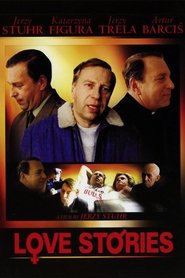 Jerzy Stuhr scripted directed and plays...
Jerzy Stuhr scripted directed and plays...Love Stories 1997
Jerzy Stuhr scripted, directed and plays four roles in this Polish comedy about four men -- an army officer, a college instructor, a priest, and a drug dealer -- and their relationships with four females. An attractive student puts the teacher in an awkward spot when she reveals her love for him. An 11-year-old informs the priest that she's his daughter. The army officer is pleased when confronted by a past lover. The drug dealer, taken prisoner, must decide whether or not to trust his wife with his hidden loot. In the wrap-up, the elderly accountant passes judgment on all four men. Stuhr acted in films by the late Krzysztof Kieslowski, who had some input here by offering advice to Stuhr on this screenplay.
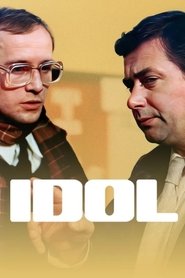 In 1969 a young writer decides to...
In 1969 a young writer decides to...Idol 1985
In 1969 a young writer decides to write an essay on a well known Polish writer, who had to leave the country in the 50's, later living, working and dying in exile. He slowly assembles the character and even the exterior appearances of his idol until his own identity tragically disappears.
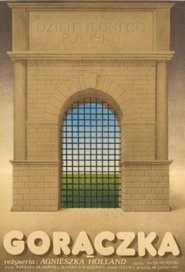 The film is set in 1905 in...
The film is set in 1905 in...Fever 1981
The film is set in 1905, in a time of feverish revolutionary underground activity in Poland partitioned between three neighbours. All the characters are committed anarchists. The bomb maker puts an invention together to place it at the disposal of young inexperienced terrorists fighting against Tsarist oppression. The story follows the passing of this bomb from anarchist to anarchist as several attempts are made on the life of Tsarist governor general, until, at the end, it is effectively and harmlessly defused by a bomb expert. The presence of the bomb has a destroying effect on all of the Polish revolutionaries, they either die or breakdown.
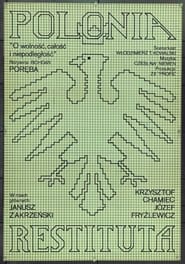 A twopart historical film covering the...
A twopart historical film covering the...Polonia Restituta 1981
A two-part historical film covering the years of the First World War and the post-war period up to 1919 - until the signing of the peace treaty in Versailles near Paris. An attempt to show the great and complicated process of regaining an independent existence by a nation within its own state. The screen shows characters from history textbooks: Józef Piłsudski, Ignacy Paderewski, Roman Dmowski, Wojciech Korfanty as well as representatives of the world political scene, incl. David Lloyd George, Woodrow Wilson, Georges Clemenceau, Vladimir Lenin and others.
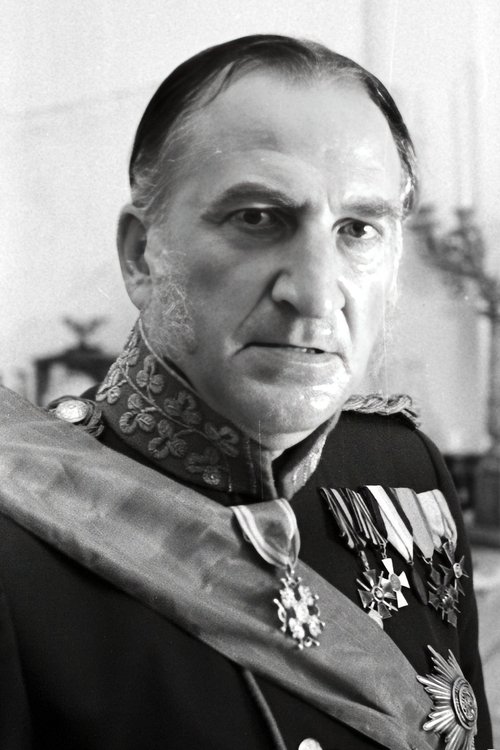

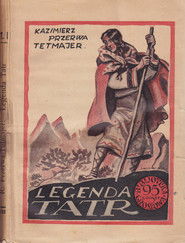 Andrzej who lives in the lowlands...
Andrzej who lives in the lowlands...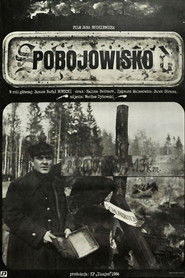 Soon after the end of the...
Soon after the end of the...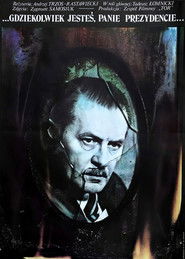 Stefan Starzyski the mayor of Warsaw...
Stefan Starzyski the mayor of Warsaw...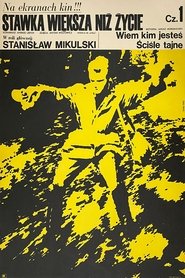 The first of six episode compilations...
The first of six episode compilations...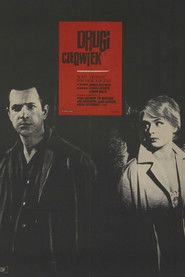 A man just released from prison...
A man just released from prison...